Going Private Advisory for Public Companies
Take a Public Company Private with the Help of A Go-Private Transaction Advisor
Why Choose Beacon Advisors for Your Go-Private Transaction?
Experienced Going-Private Transaction Advisors
Focus on Shareholder Needs
Strategic Solutions for Small to Medium Public Companies Going Private
Our
Capabilities
Recent Advisory Transactions

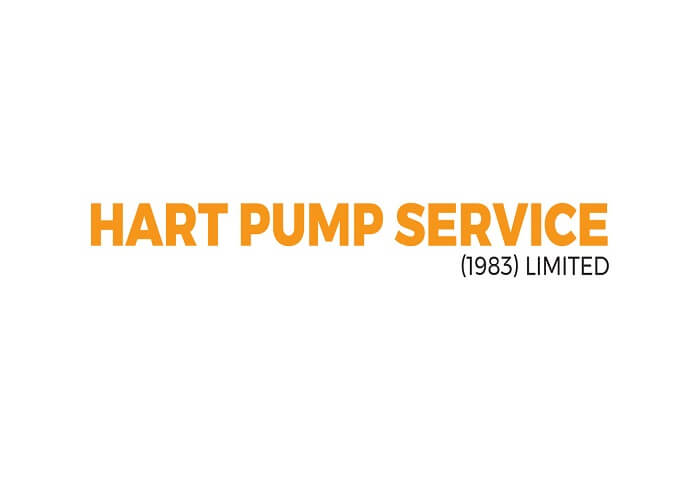
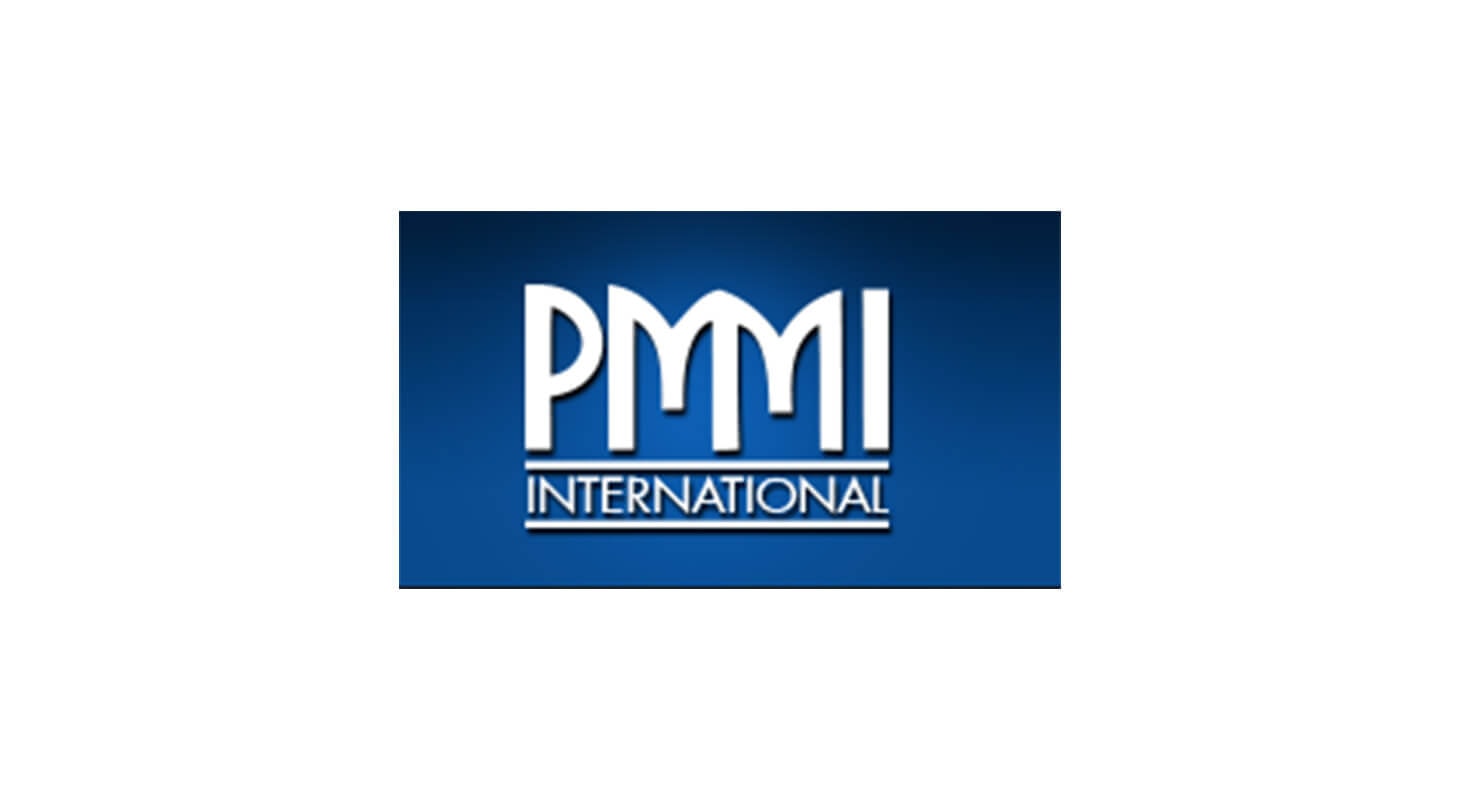
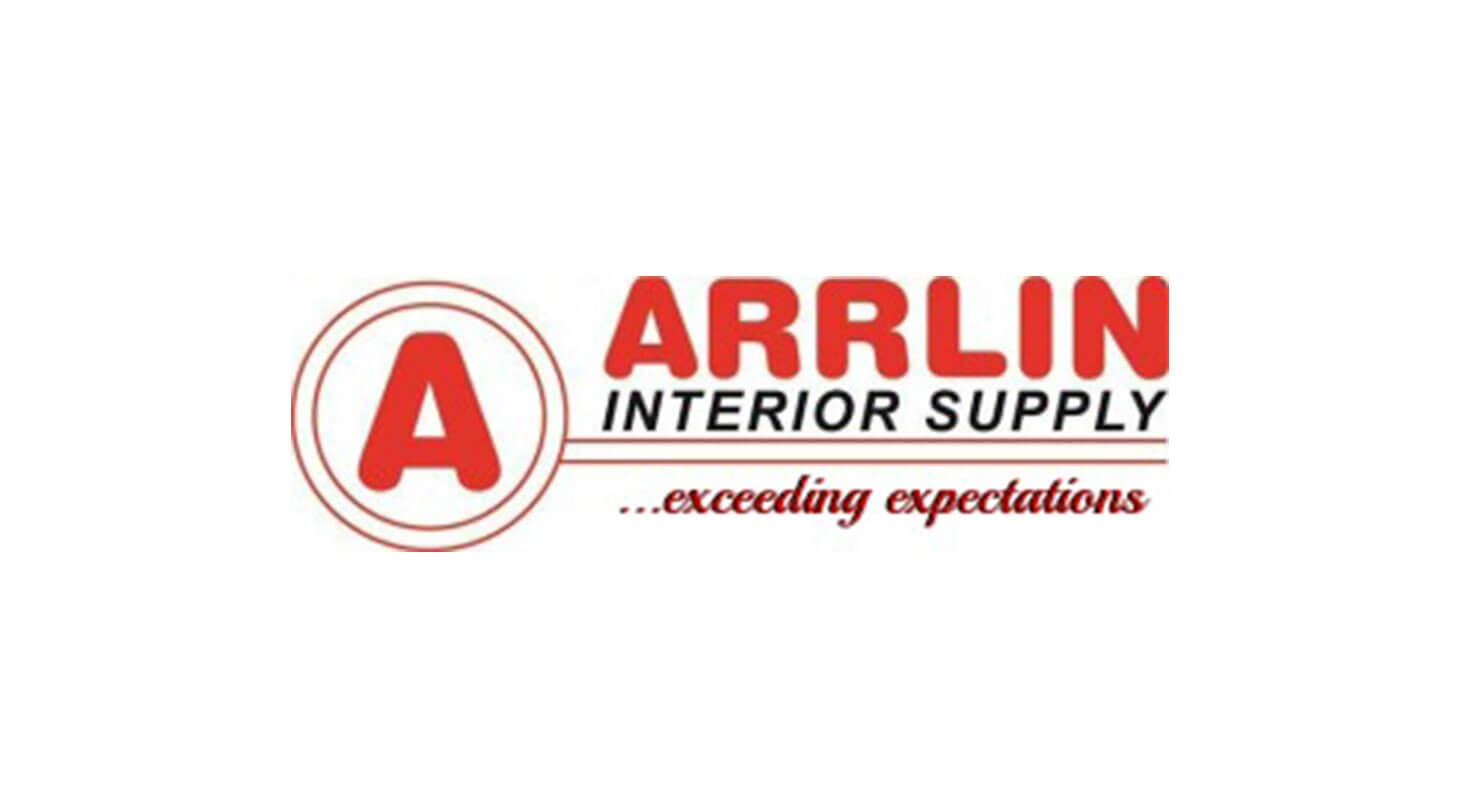
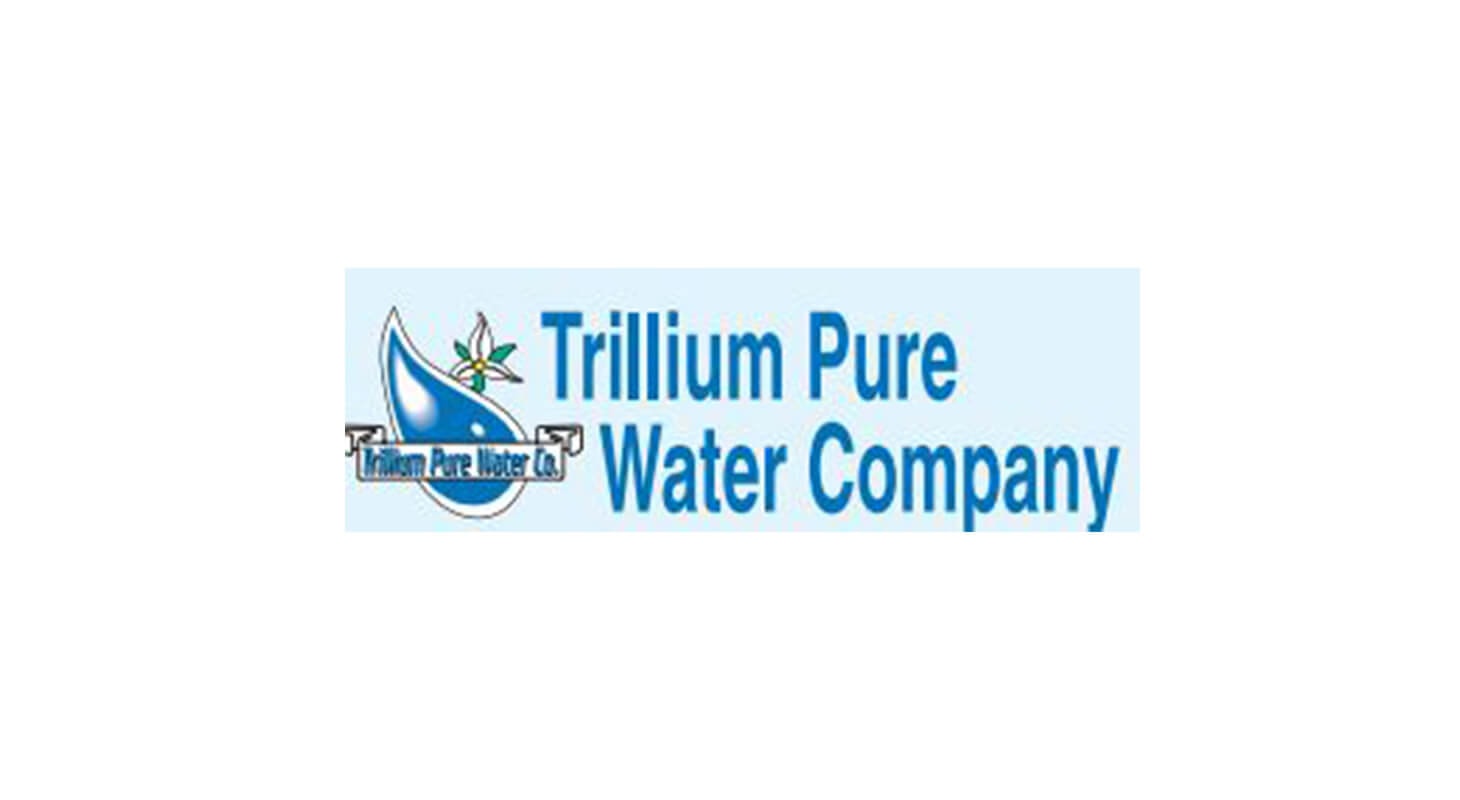

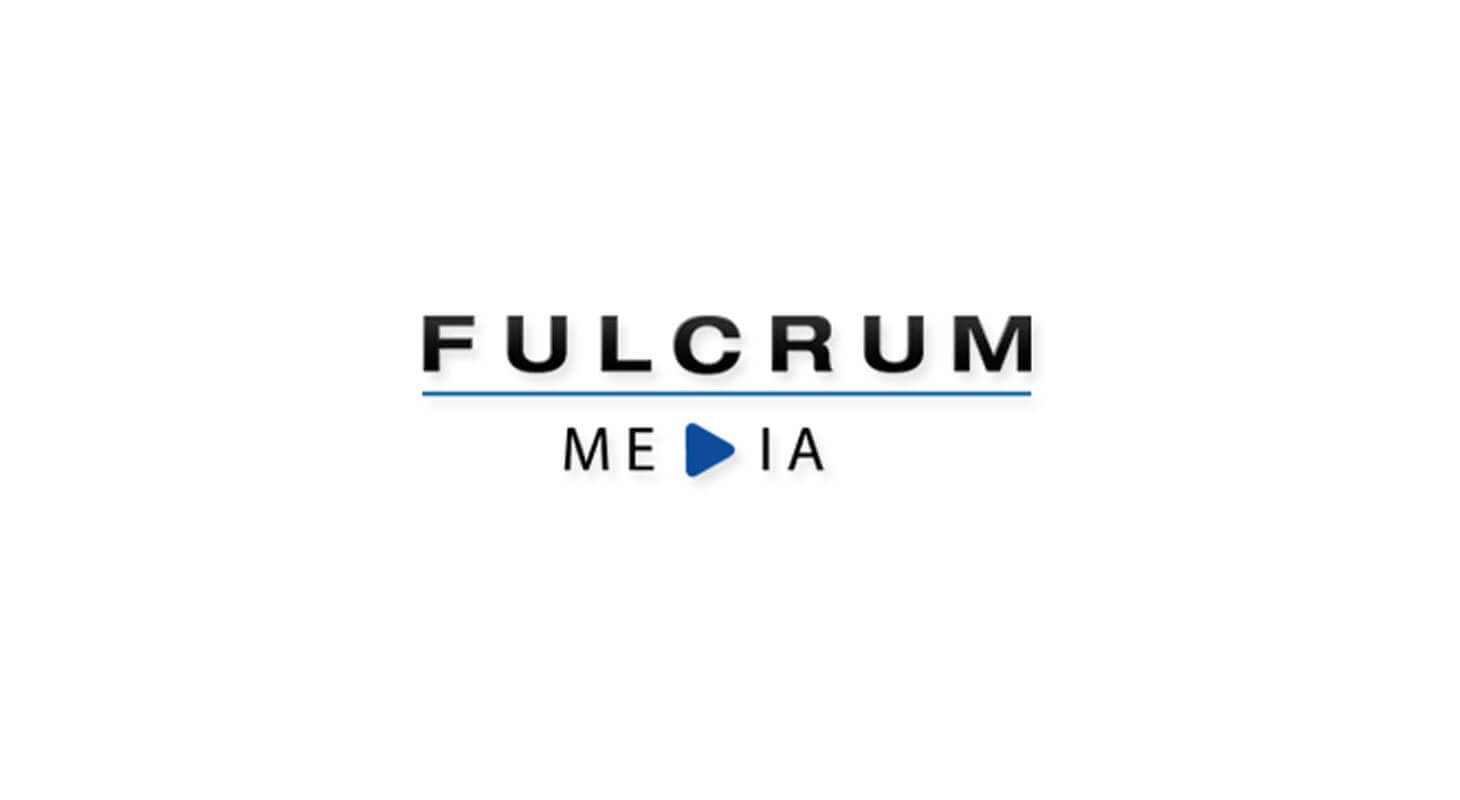
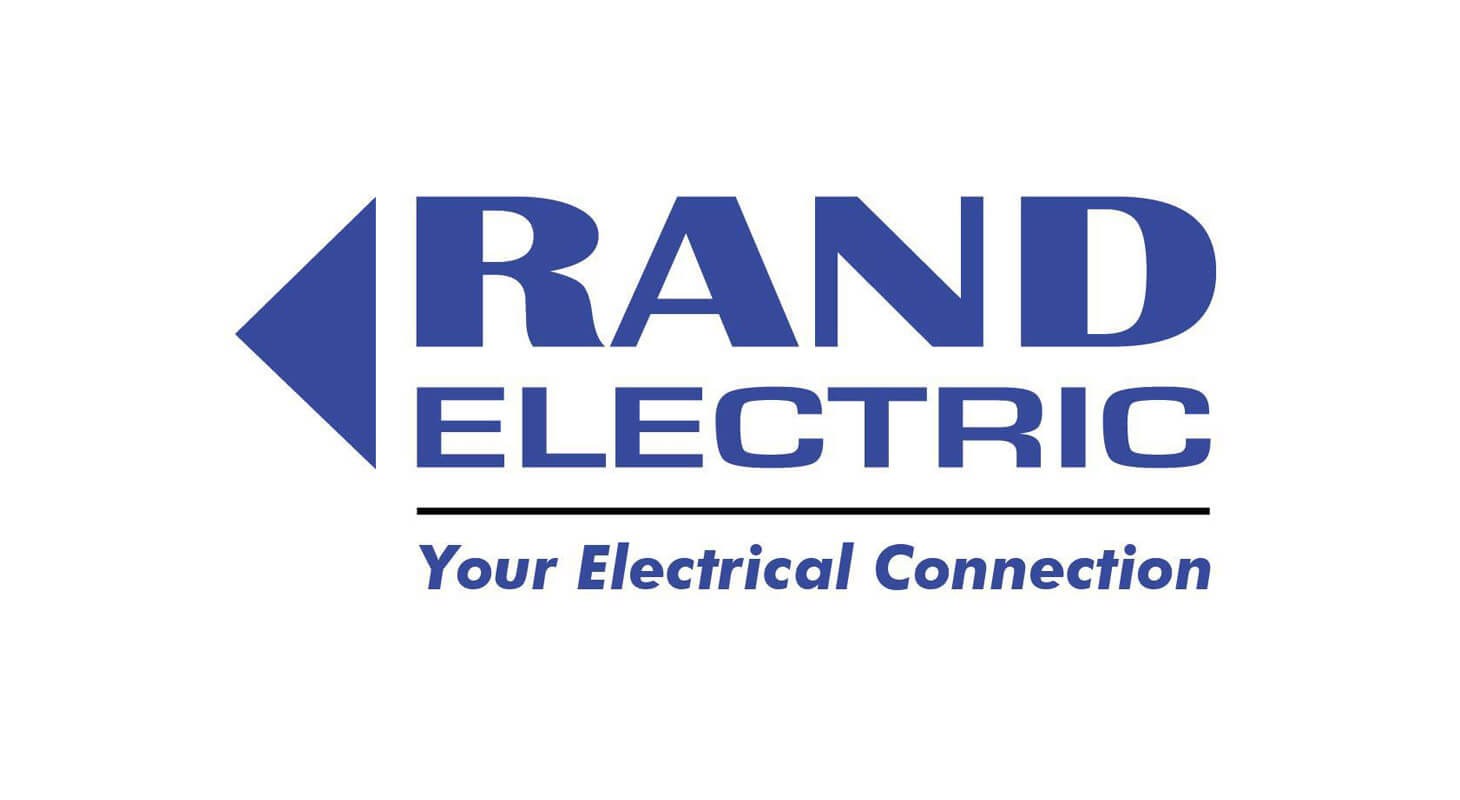




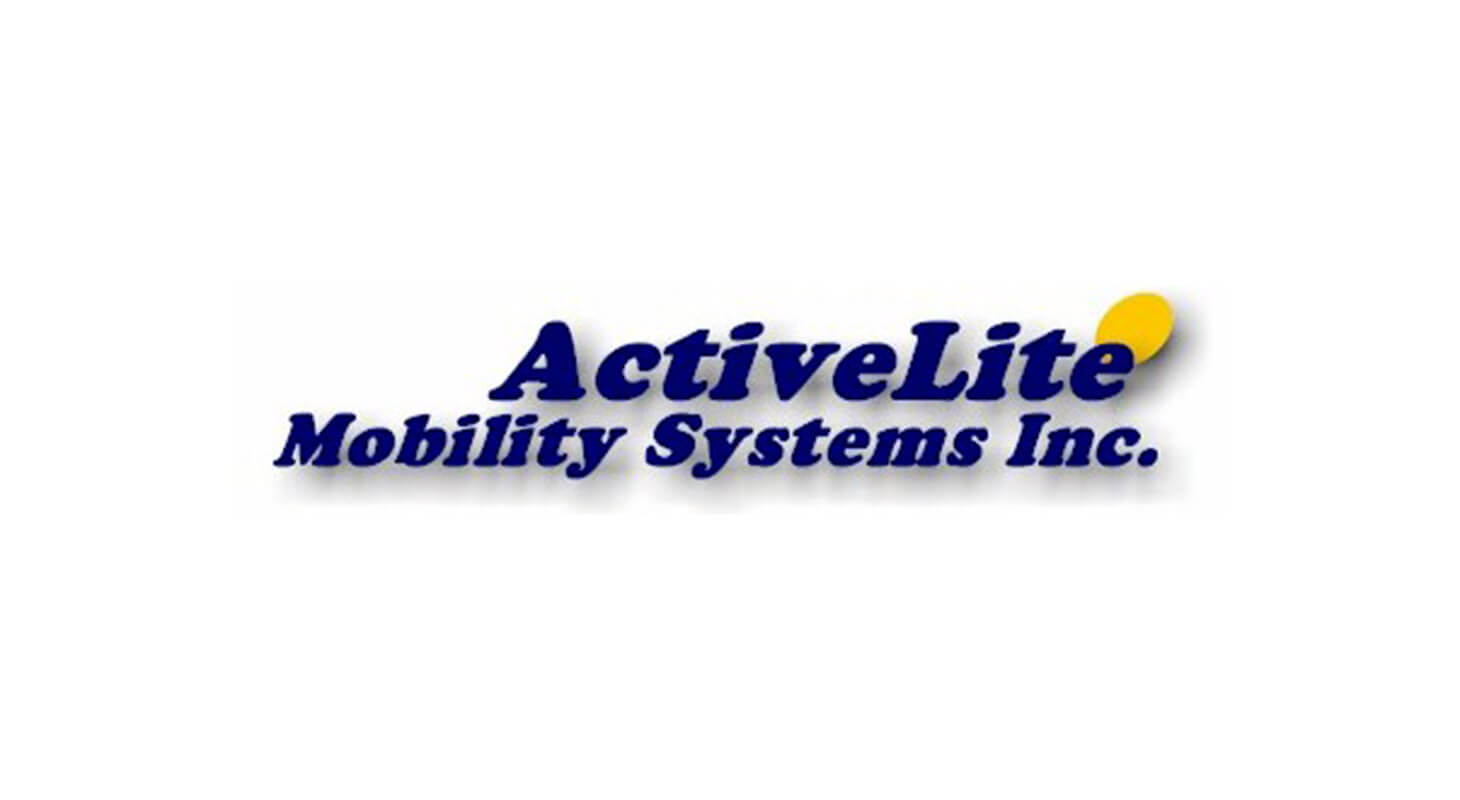


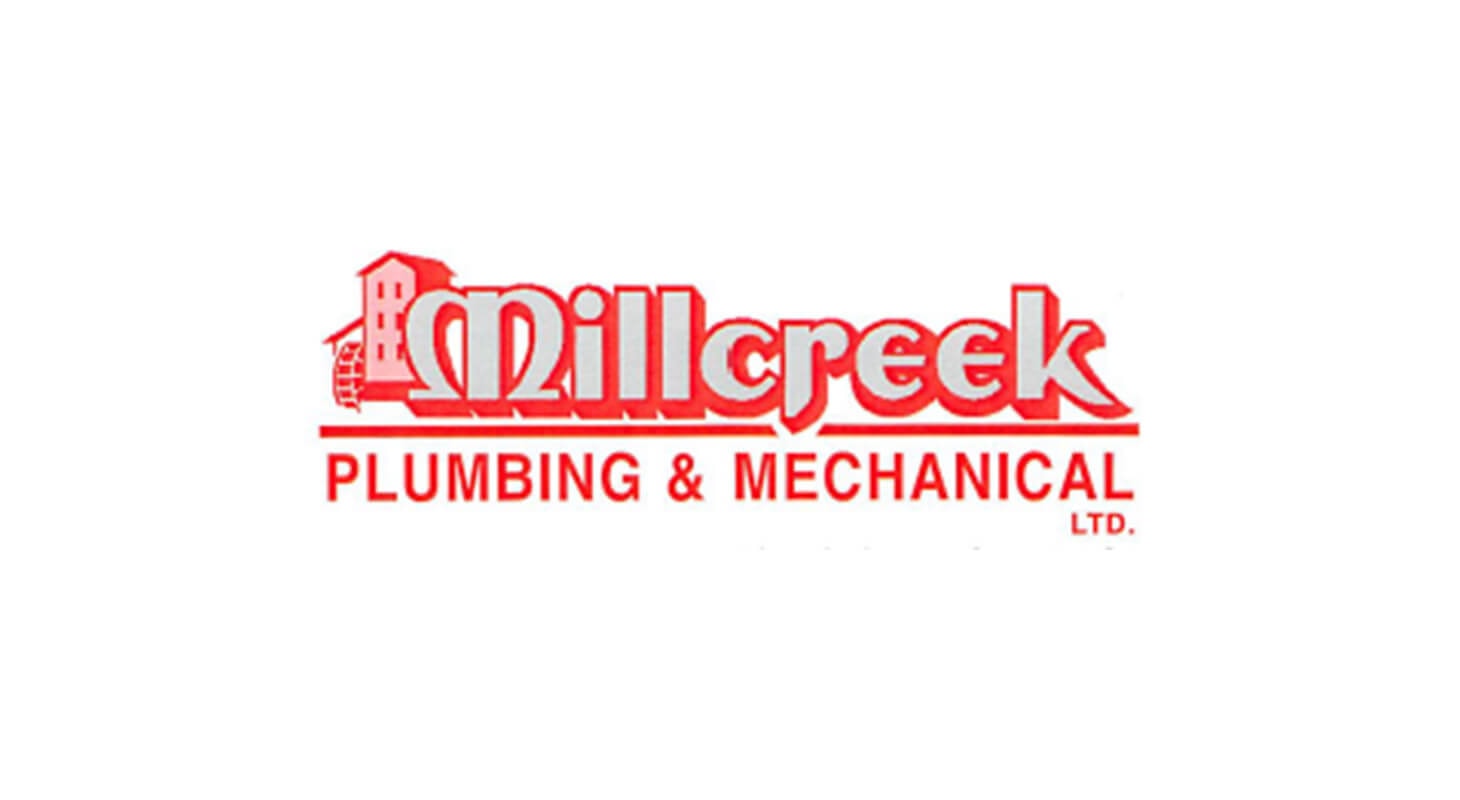

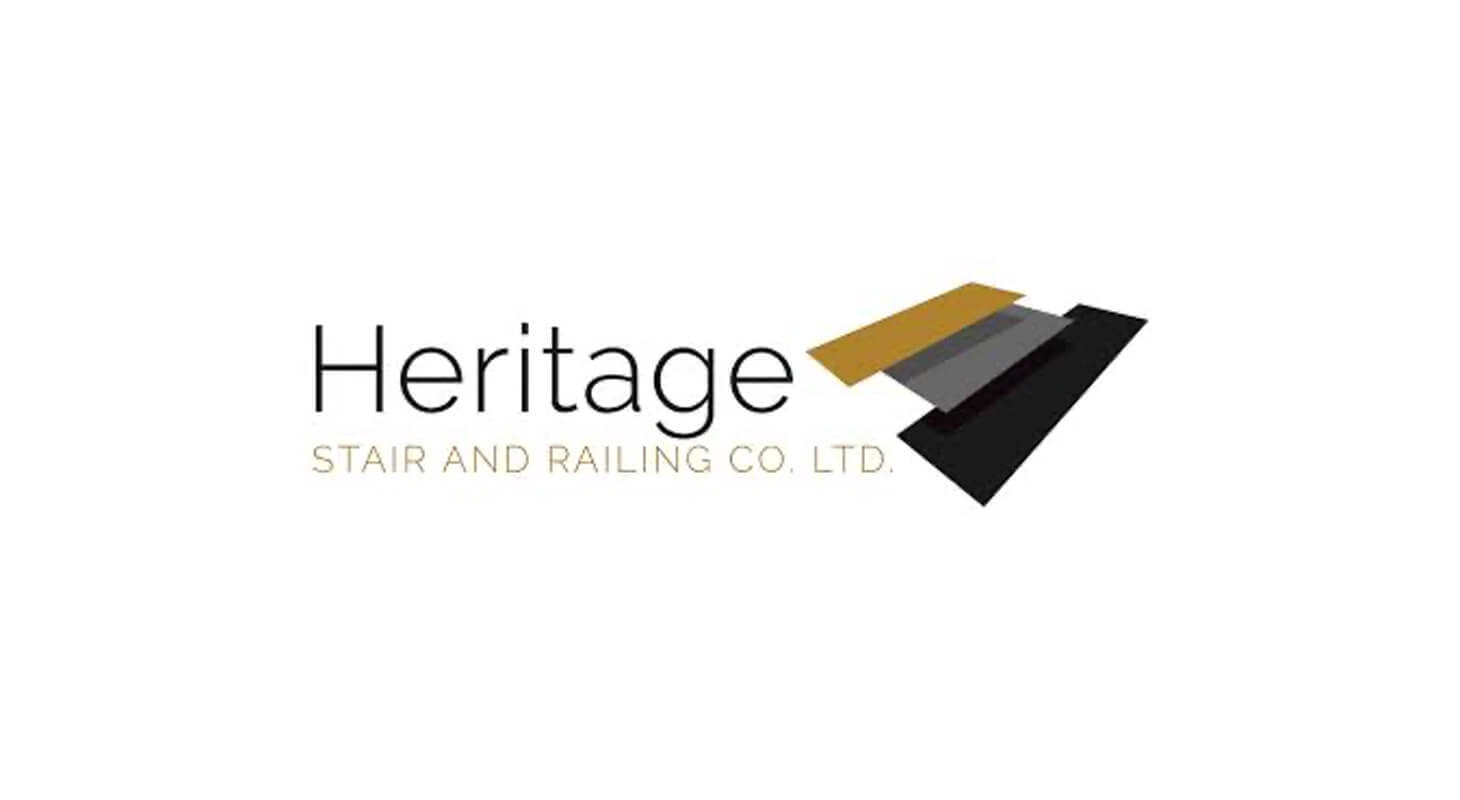
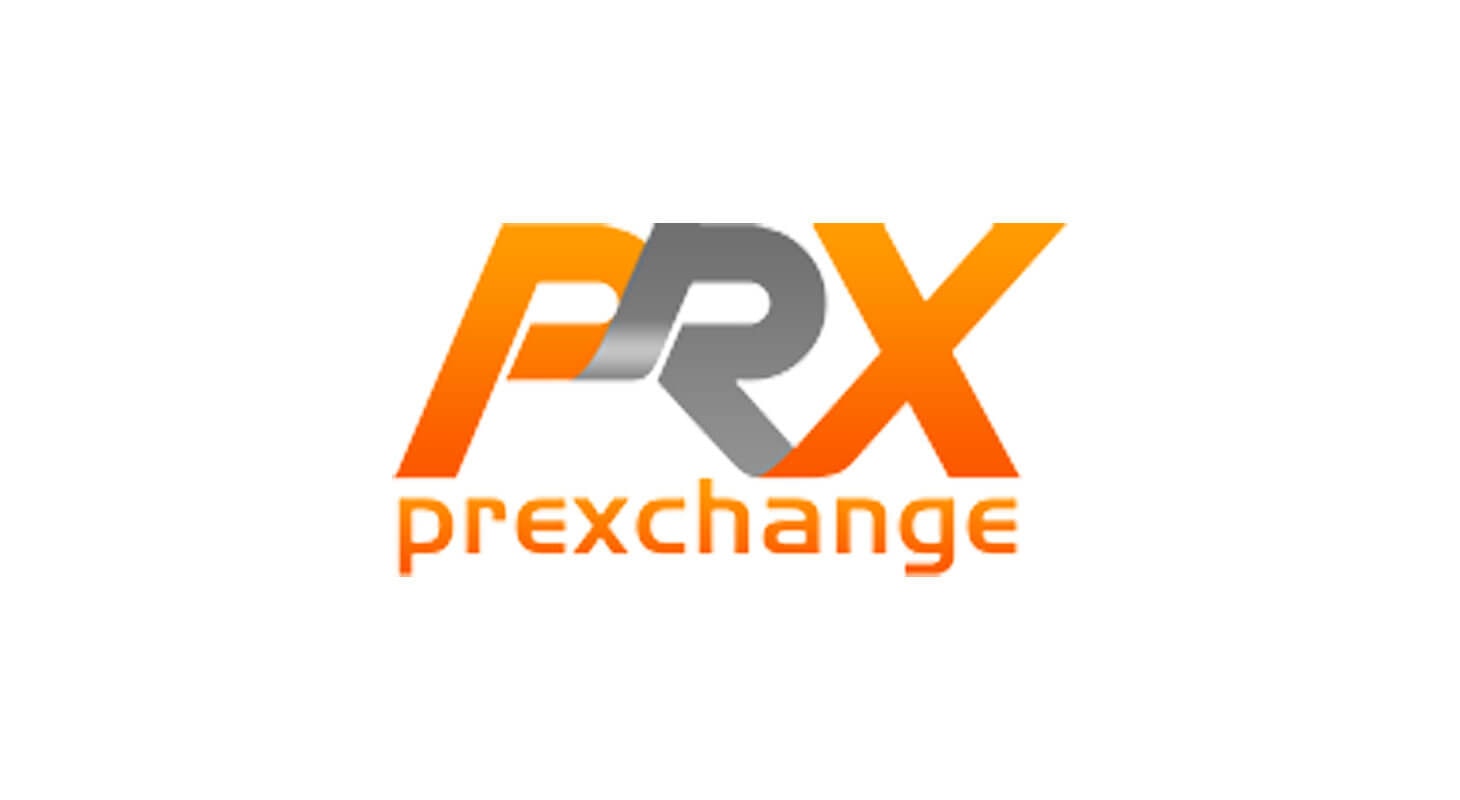







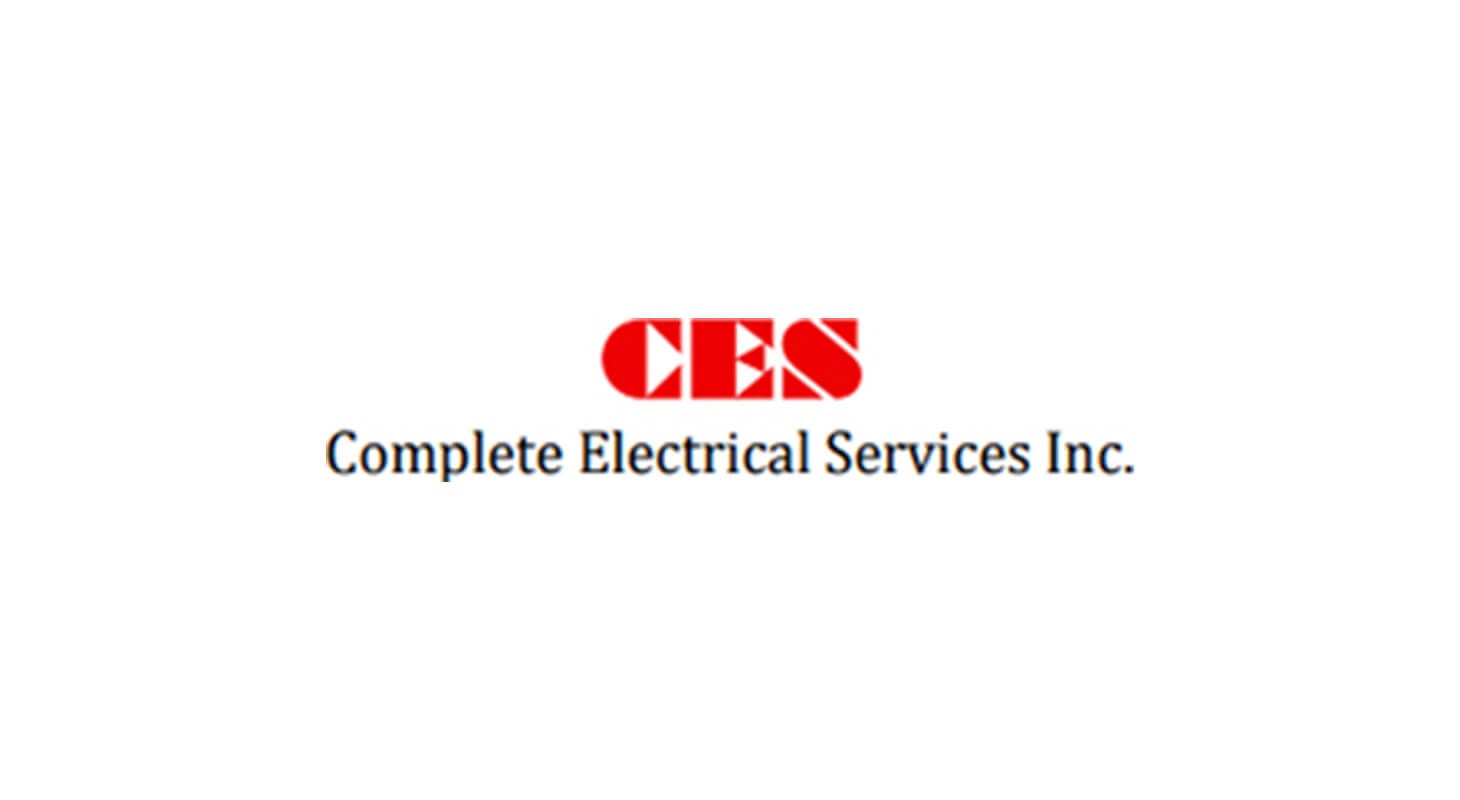


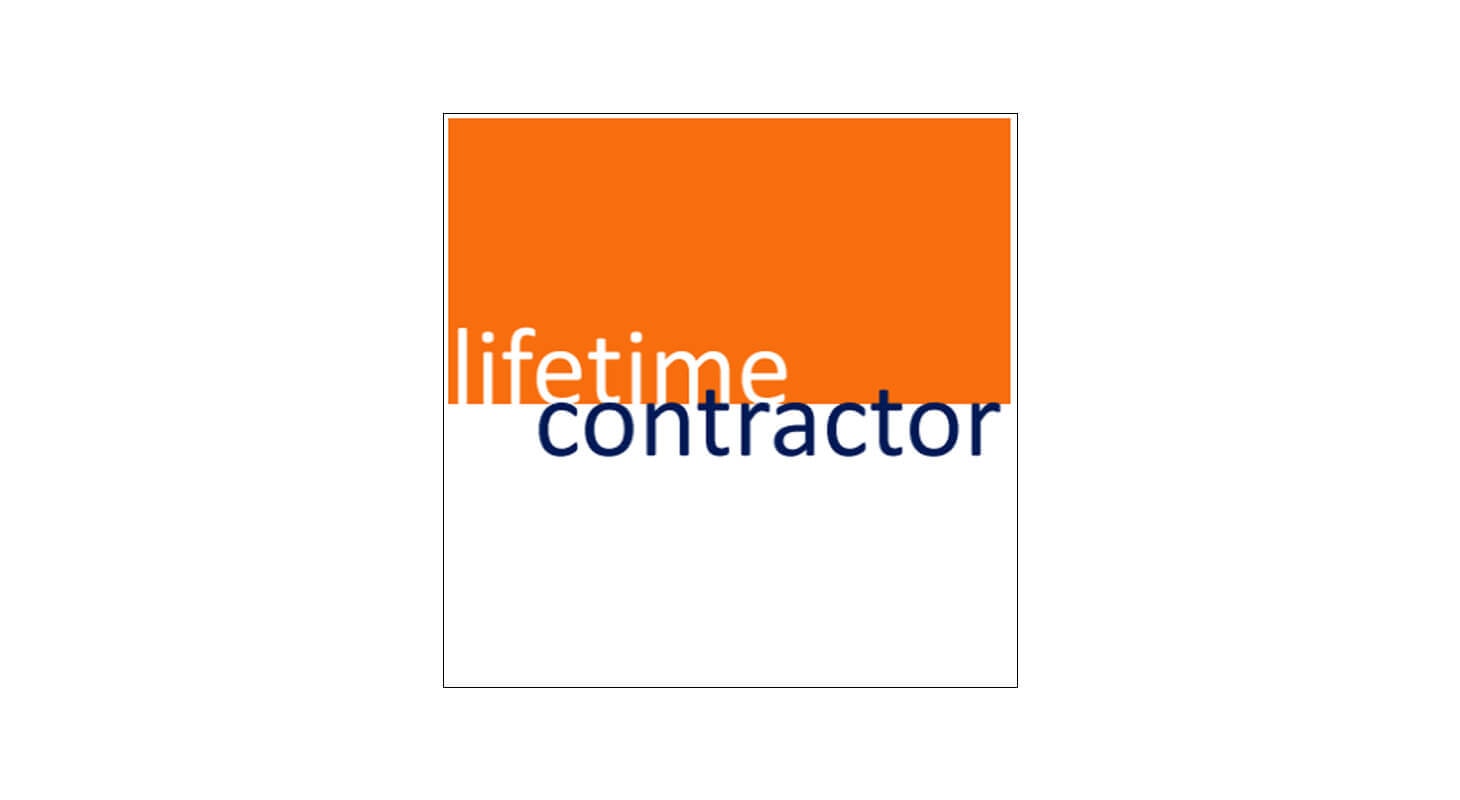
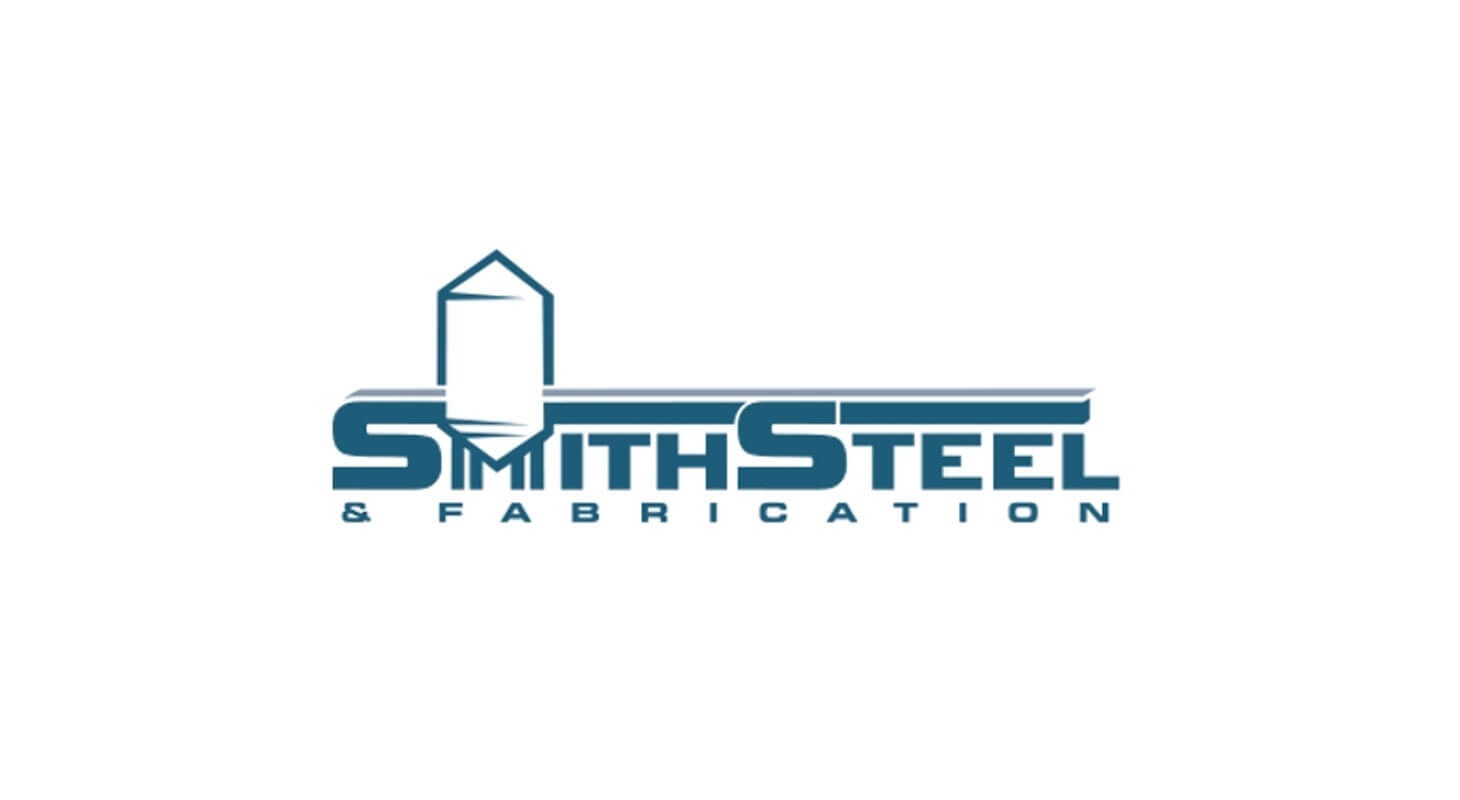
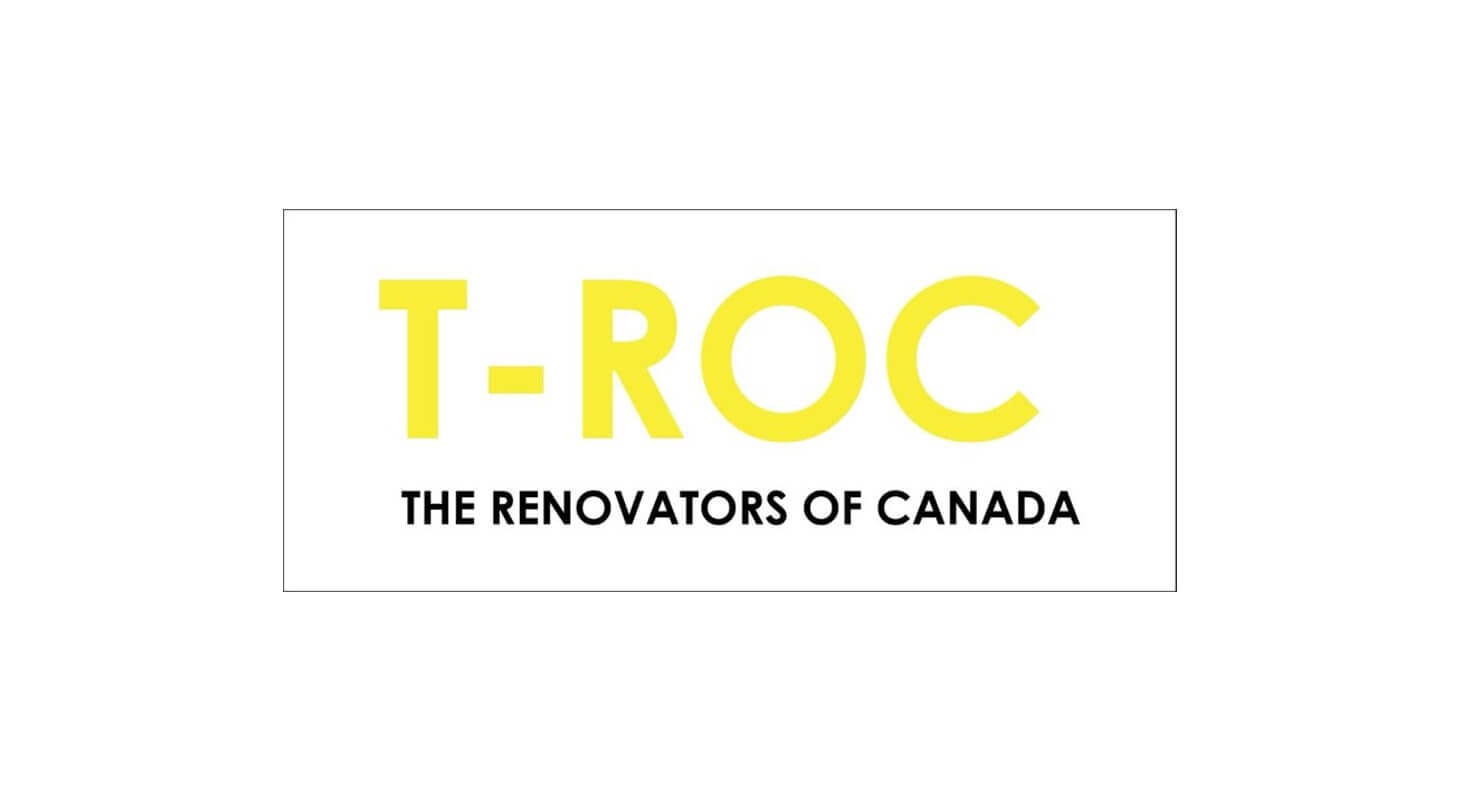

Why Take a Company Private?
Depressed Share Prices
Regulatory Requirements
Recurring Costs
Why Take a Company Private?
Assessing the Target
Financing
Negotiations
Recent Beacon Advisors’ Blog on Taking Companies Private
Frequently Asked Questions About Selling or Buying a Business
In Canada, a going private transaction can happen in one of 3 ways:
- Amalgamation – In this process a public company combines with another private company or a company that is in process of going private.
- Take-over Bid – In this case, the shareholders of the target public company solicit a bid to take the company private. Once an agreement is reached, the securities of existing shareholders are tendered to the bidder.
- Plan of Arrangement – This is a court-sanctioned process in which a company might be required to reorganize itself and get acquired through a tender of shares to the acquirer.
A public company is a company whose shares are listed on a regulated stock exchange. In order to comply with these regulations, a public company must periodically file reports to disclose its operational and financial health to its shareholders. Consequently, public companies might incur additional administrative costs. On the other hand, a private company is fully owned by one or more shareholders, and the only way to acquire ownership in such a company would be by acquiring shares directly from the owners. Private companies have lower SG&A expenses as they do not have to worry about regulatory filings and disclosures, however, these companies have an added liquidity risk as they cannot raise money through capital markets.
As the shareholder of a public company, you may consider going private for multiple reasons. The company might be under attack from short sellers and as a result, the management might consider a buyout to focus on operations and growth. The company might also be going through challenges and might find the administrative costs associated with being listed expensive. In this situation companies can consider going private in order to save costs and focus on strategy. These are some of the reasons that a company might consider going private.